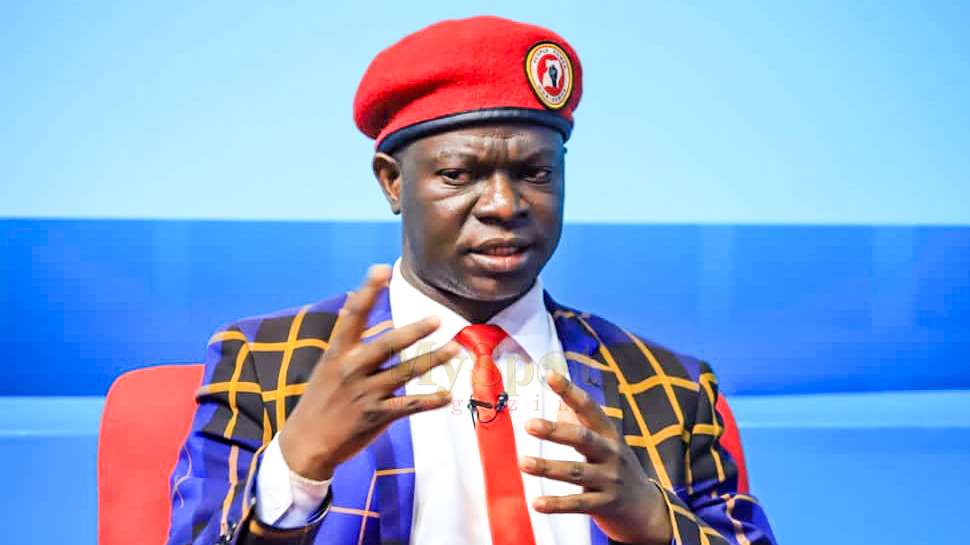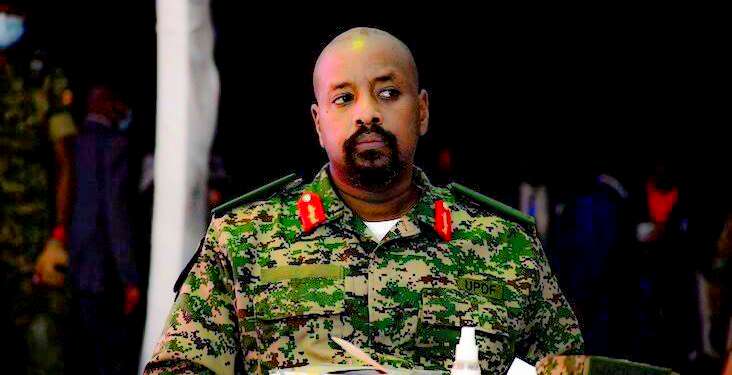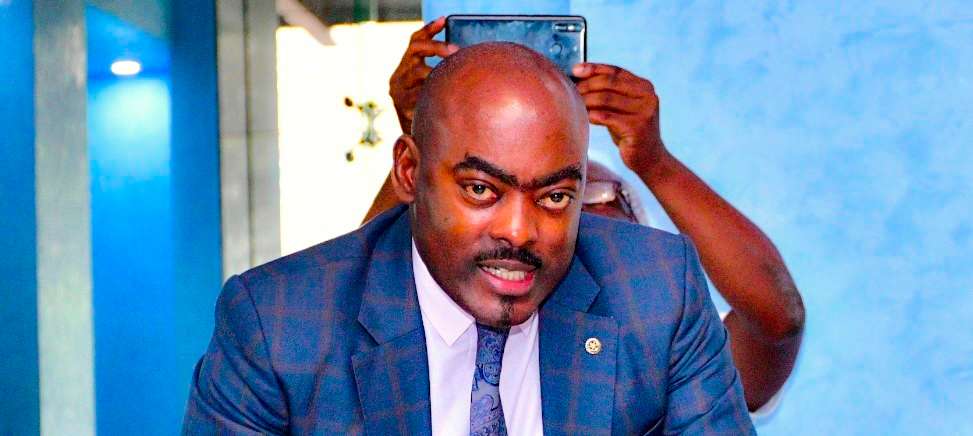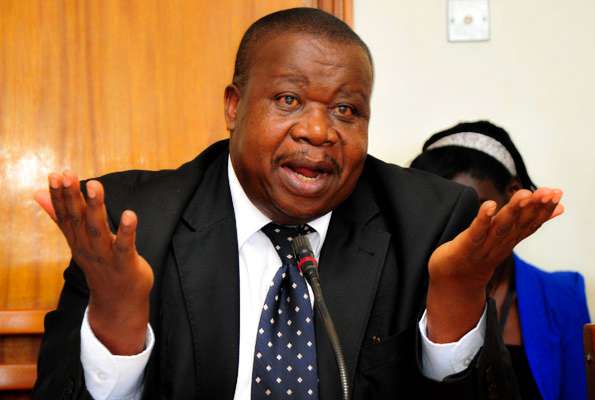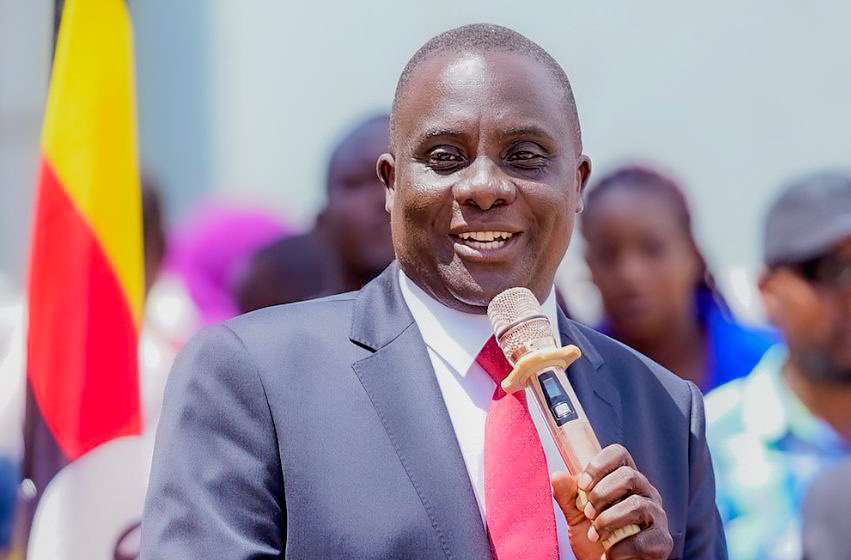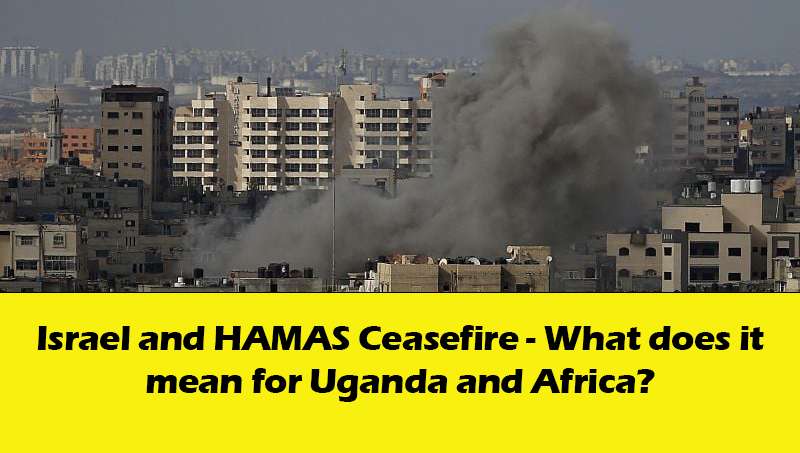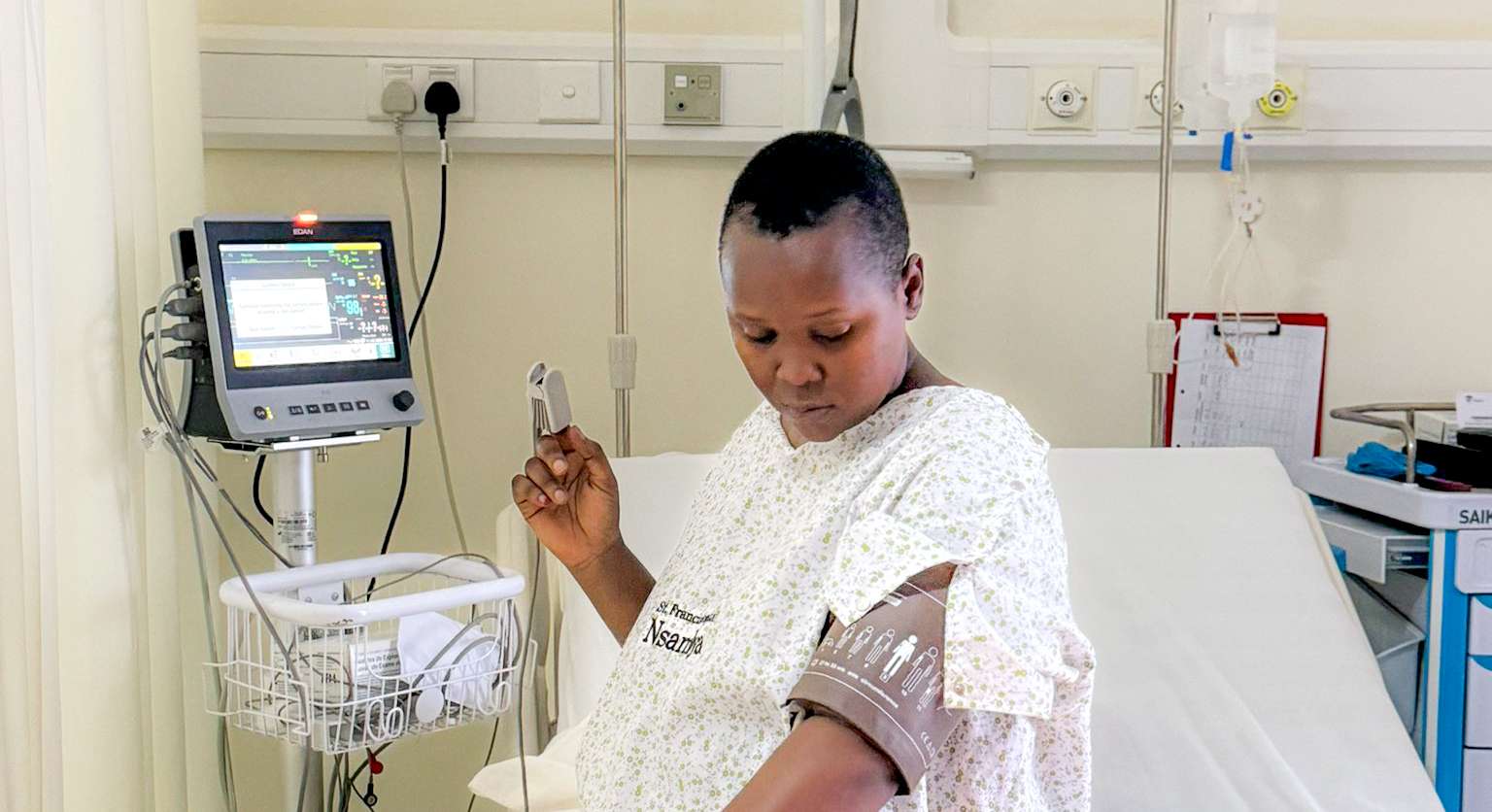Business
THE UNTOLD STORY OF FAUSTINE ERIA, THE UGANDAN DOCTOR WHO SAVED 50 RWANDAN CHILDREN
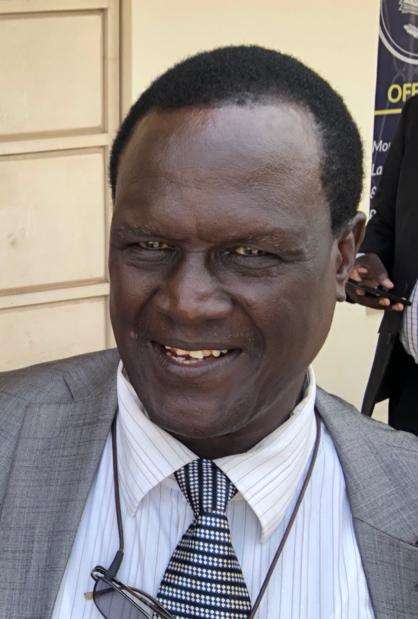
“Seated in one of a four minibus convoy, we sped from Kampala to kabale and into the heart of Rwanda. We were met by strange and rude exposure of random dead bodies by the way, skull here, arm bent in some uninterpretable gesture there, mats mattresses, cooking pots. Violence and death could literally be felt in the atmosphere. It was a horror.” narrates Doctor Faustine Eria.
1994 was a bloody year for the Rwandese. In this time frame the Rwandan people went through a genocide that claimed the lives of many, between 7 April and 15 July 1994. During the Rwandan Civil War. Within a period of about 100 days, The members of the Tutsi minority ethnic group, as well as some moderate Hutu and Twa, were killed by armed militias. The most widely accepted scholarly estimates are around 500,000 to 662,000 Tutsi deaths. An extremely violent tribal war. Which saw many displaced, homeless, damaged and dead.
Meet Dr. Faustine Eria, a 72 year old Ugandan Medical doctor who during the 1994 Rwanda Genocide happened to be working at Nsambya Hospital, but found himself in Rwanda in a bid to pull off a rescue that would later save the lives of 50 orphaned children in Rwanda.
Dr Eria is from Kaberamaido district formerly attached to Soroti district. He was married to Rehana Sami Khan, a Pakistani woman, whom he met while he was a Medical Student at Dow Medical College, University of Karachi, Pakistan. They got married in 1976. And together birthed three sons. Sami Eria, Ali Eria, and Alex Eria respectively.
On leaving Mulago in 1992, Dr Eria joined Nsambya Hospital as a medical doctor and worked until 1995 when his wife Rehana suffered a stroke. He retired from Hospital work to look after her. But continued Practicing his profession privately at his private clinic which was already running at the time of his resignation.
After resignation, his wife was able to survive for 3 years on wheel-chair, until she got another stroke in 1998 and passed on.
“Going back to the incident that was beyond a test. It all started in early April of 1994, when Hon. Captain Mike Mukula contacted me and asked if I could go help evacuate a number of Rwandan Orphans from the Uganda/Rwanda border at Katuna, near Kabale, in South – Western District of Uganda.”
Having had a friendship that dated way back to times when he was a Medical Officer in charge of children ward in Soroti Hospital, Dr Eria saw no problem with Captain Mukula’s request, knowing it was just a one-day trip.
His mission was to work alongside an Italian woman, said to have been a wife to a former Italian prime Minister whose name he never got to know till todate. Part of the escaped was to go up to Highland Hotel, in Kabale and meet a contact, who would take them to the Borders of Katuna, where they were to pick the orphans.
At about midday they left Kampala and headed out for the rescue which was scheduled for Katuna boarder.
But on reaching the Katuna border, they were handed over to another contact that apparently was a Rwandan Patriotic Front contact, he could have been a solider, questions not asked. The contact joined the 4- Minibus Convoy seating in the lead Vehicle alongside Dr Eria and the Italian lady, Dr Eria explained.
He narrates that they reached Kabale late evening, but to his dismay the convoy started driving deeper and deeper into the heart of Rwanda, along outstretched long track roads. That’s when it downed on him that he was now in a war zone where anything could happen including losing his life. In the meantime the convoy sped deeper and deeper into Rwanda and this worried him even the more.
“After a long trek we reached a settlement that seemed like a huge farm with warehouses and Estate like buildings. I later learnt this was Mulindi a big Agricultural Estate which at that time was a RPF Base where, HE. Paul Kagame was based during the war effort. Our team leader (the Italian Lady), went to talk to Gen Paul Kagame (Now President), for permission to evacuation the orphans.
In the meantime, arrangements were made for us to spend the rest of the night at Mulindi. Accommodation was in a big hall, my eyes met a number of several other people including RPF soldiers at the hall.” He said.
According to Dr Eriah, the next day having asked for permission from Gen. Paul Kagame. They were permitted to proceed with the mission and assigned new escorts (RPF). One of the Escorts turned out to be a person Dr Eria had interacted with at Mulago Hospital in the late Eighties while he was a Senior House Officer in Mulago Hospital. And the latter a student. Reassuring Dr Eria of his safety, the RPF (name withheld) stayed by his side and promised to keep him safe, this was a little comfort to his soul.
From Mulindi, they journeyed Southwards through to another Centre which they were told was Muhura Catholic Parish /Mission.
“It was a busy centre filled with internally displaced persons, with wounded and pained expressions that could never be explained until today a stamp to my heart. We were taken and introduced to the parish priest and the in-charge of the Orphanage. We were motioned into the Parish guest house where we spent the rest of the night and we were served supper of Spaghetti with tomato sauce. By the look of things food was scarce,” Dr Eria narrated.
“Along the road, many people were walking with radios glued to their ears. The RPF doctor translated to me what they were hearing on the radio broadcasts. The radio message was urging government supporters to kill the “rats” meaning Tutsis” Dr Eria continued.
This was frightening. He added saying that horrifying images of all sorts flooded his mind. Wondering what would happen if caught. Worse still for them having been Ugandans. Survival instincts kicked in and he asked himself questions like, What am I doing here? It was the second night away from home. And his heart ached.
The following day he was told that they were yet to go to another centre where more orphans were. This time the journey was Eastwards until they joined a tarmac Road from Byumba and headed for Gahini Hospital, and Anglican church of Rwanda, built by the Church Mission Society (CMS) in Rwanda.
“On arrival I noticed that one side/roof of the building in this Hospital had been blown off by explosives. Quickly we checked for the orphans in the facility and took those we found with us back to Muhura Orphanage. Then we started making arrangements and preparation for the safe transportation of the children to Uganda.
The following morning after assessing and treating the children. We used the baby cot mattresses from the orphanage, placing them in between the Mini-bus seats and laid the 50 children. I noticed the children were aged between 6 months to 2 years of age. Throughout the journey to Kampala, I single handedly monitored, cared and treated the sick children.
One of the Mini buses had to be left behind because it failed to start due to engine failure!
I don’t; know what the driver told the owner of the Minibus on our return to Kampala as the owner might not have been told where we were going. Having driven safely to Uganda, we were directed to take the children straight to Entebbe International Airport, where the Italian Red Cross was waiting to take the orphans to Italy. The first lady of Uganda was expected to be in attendance as the children left for Italy.
On arrival at Entebbe Airport that evening, the children were washed clean, old clothes removed and were dressed up in new clothes. I was to go with the children to Rome! But I had no passport.
Fortunate enough the Italian Red Cross had all it took to evacuate the children and would not be needing my services any more. However all the baby cot mattresses remained with me. I later donated them to mother’s/ patients who came to my clinic at Kitintale (Kampala), where I used to operate a private clinic. Because the mattresses were too many.
All this I did voluntarily and never asked for payment because no amount of money could match the risk I unknowingly took. I did not bother asking Hon. Mukula for payments.
Back home, I found out that for the 4 days I was away, my wife was worried sick that she reported my disappearance to the police station.
Mean while at my work –place colleagues asked me where I had gone, I had much to tell, but was too traumatized to even start.” Explained Dr Eria.
He hopes one day he gets to meet the children he helped rescue, whom according to him should by now be adults of about 30 years of age! “I am sure they are aware they originated from Rwanda, wherever they may be now.” He added.
By Aida Anyango,
